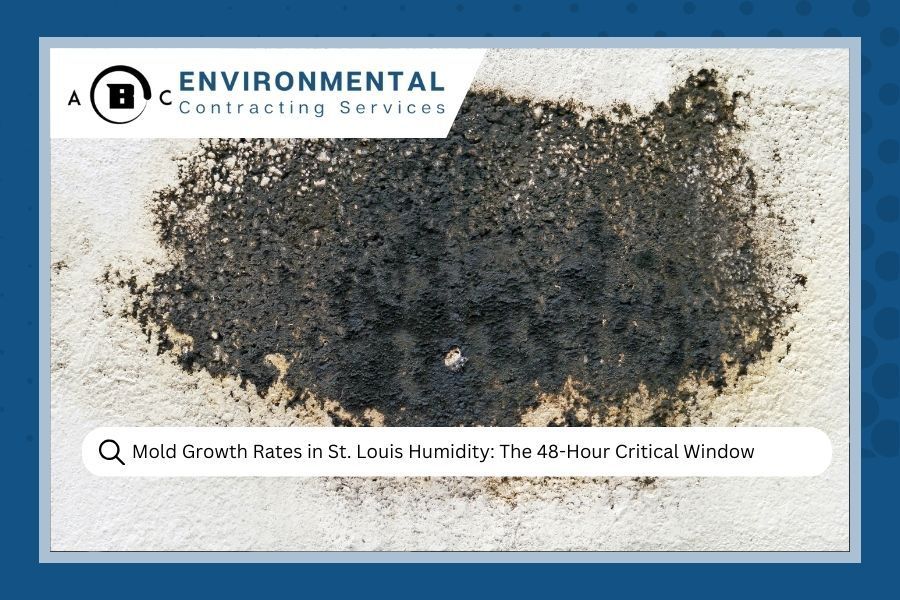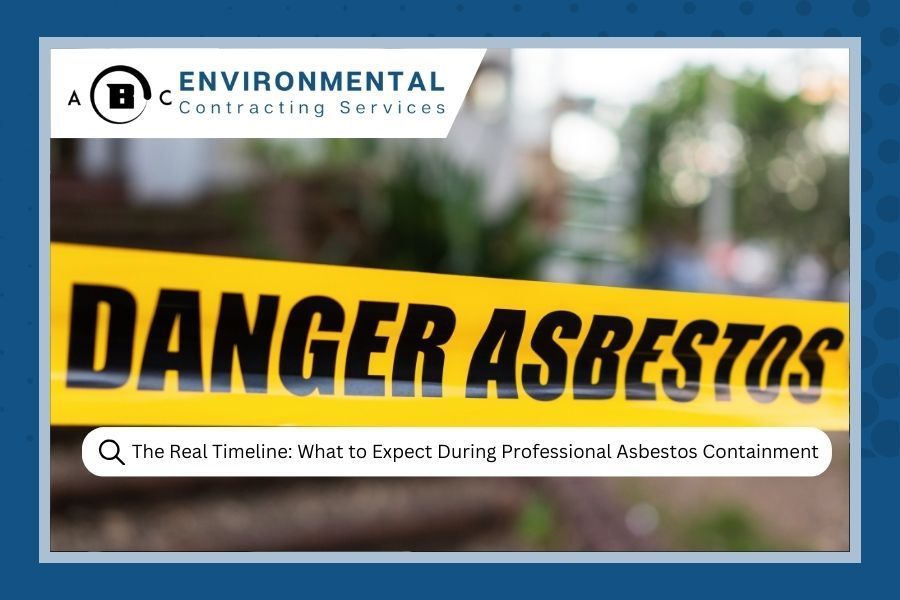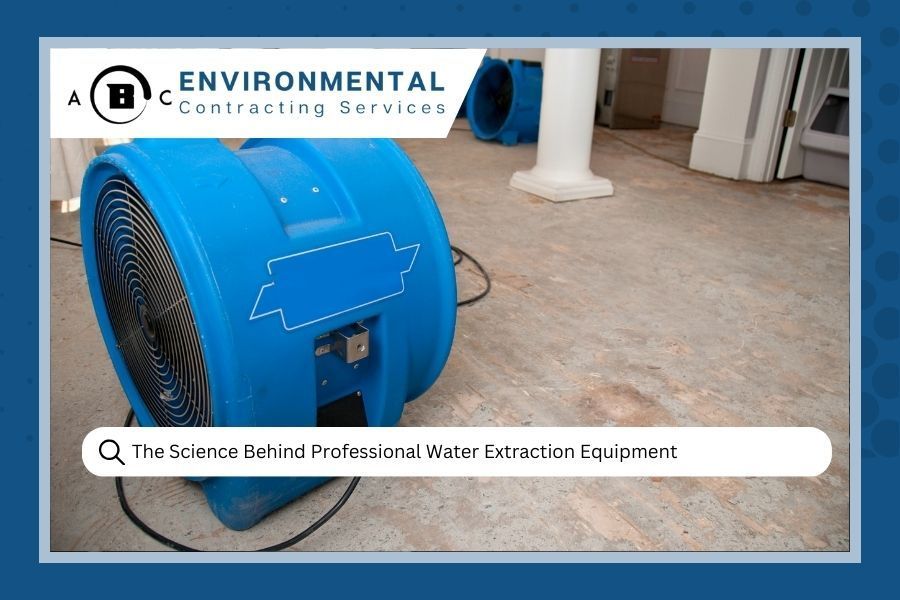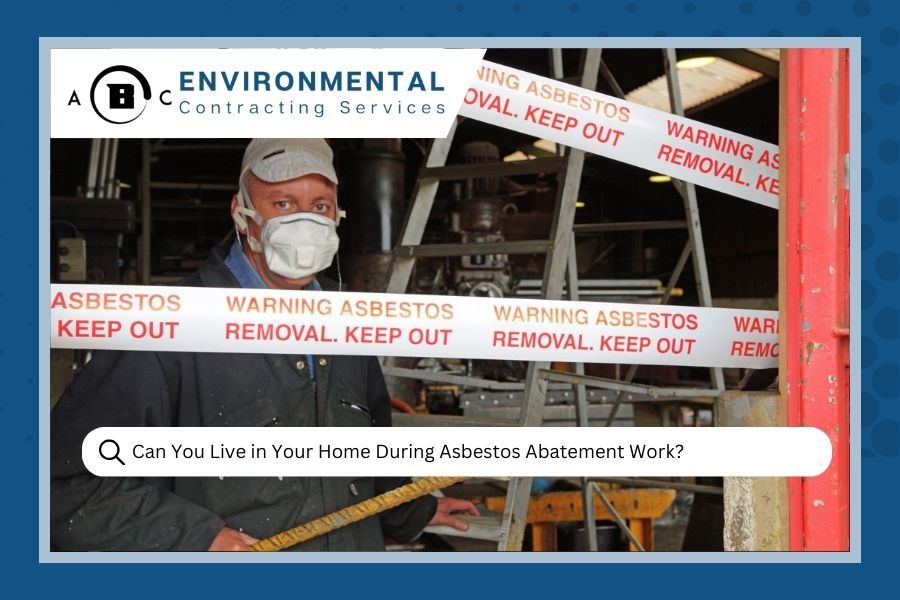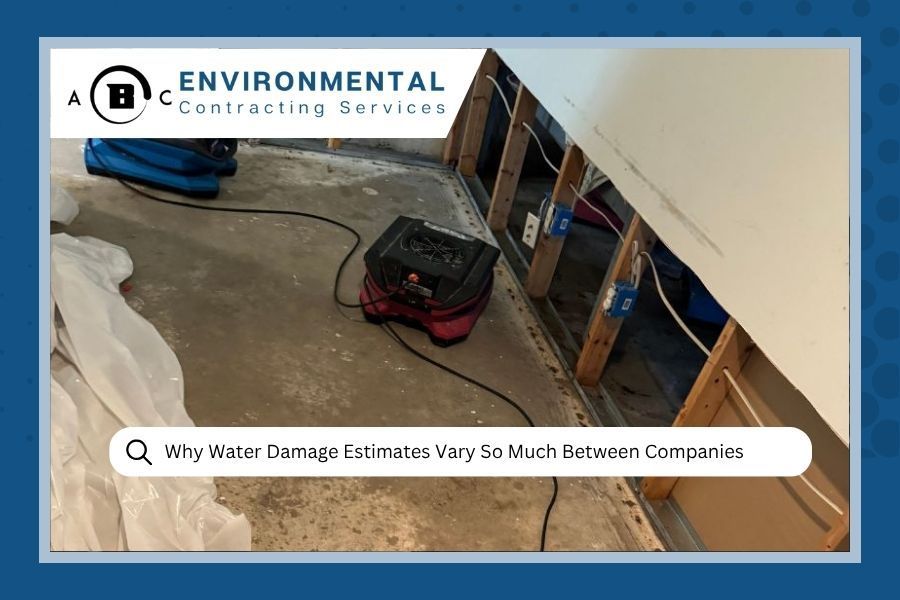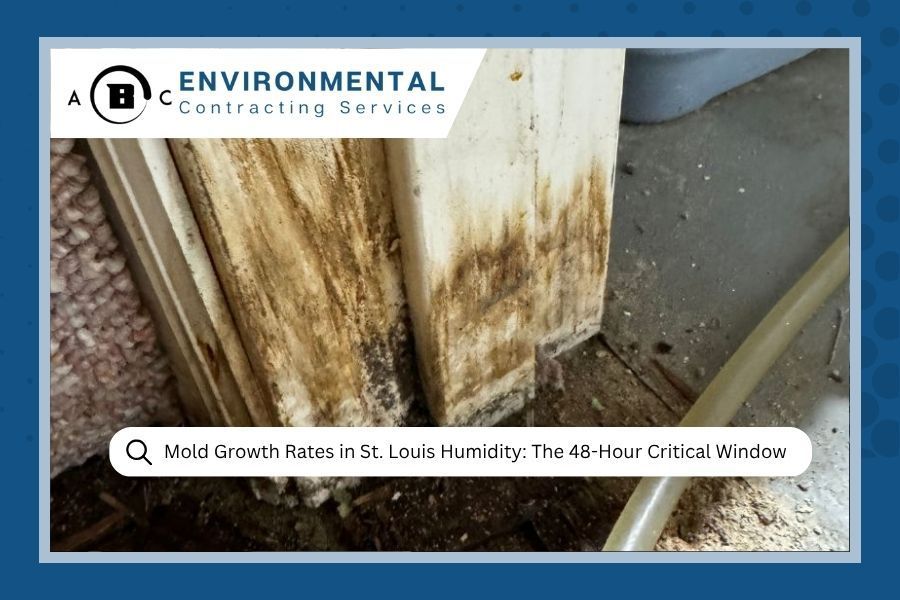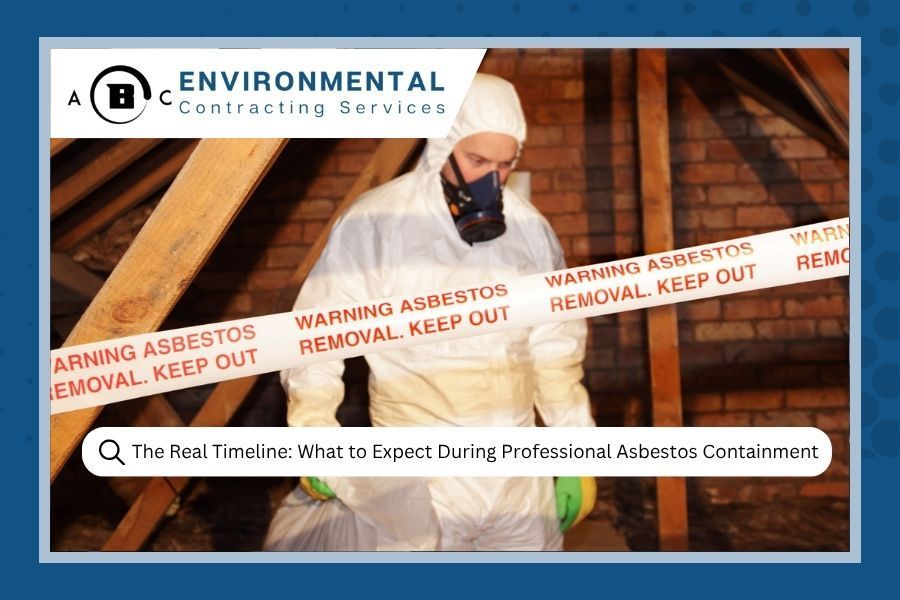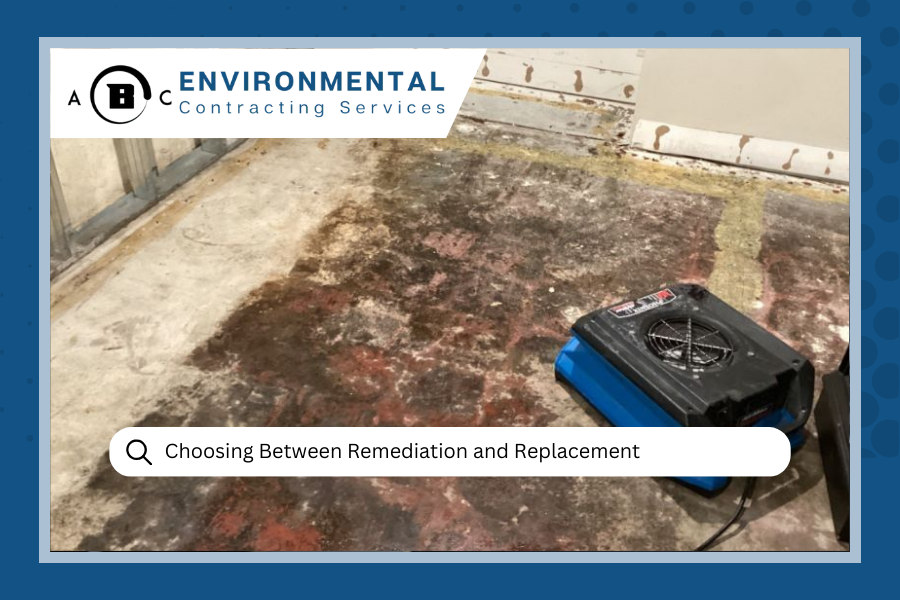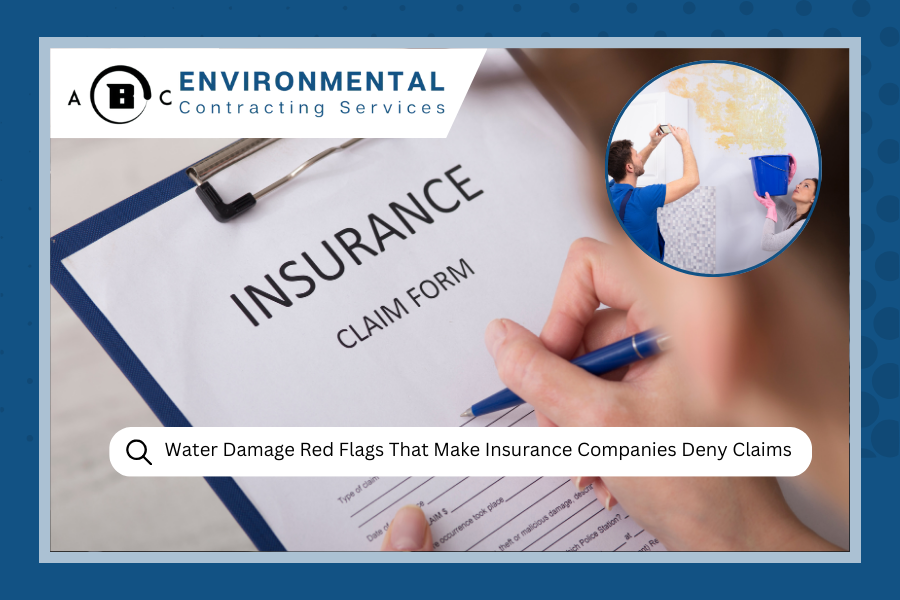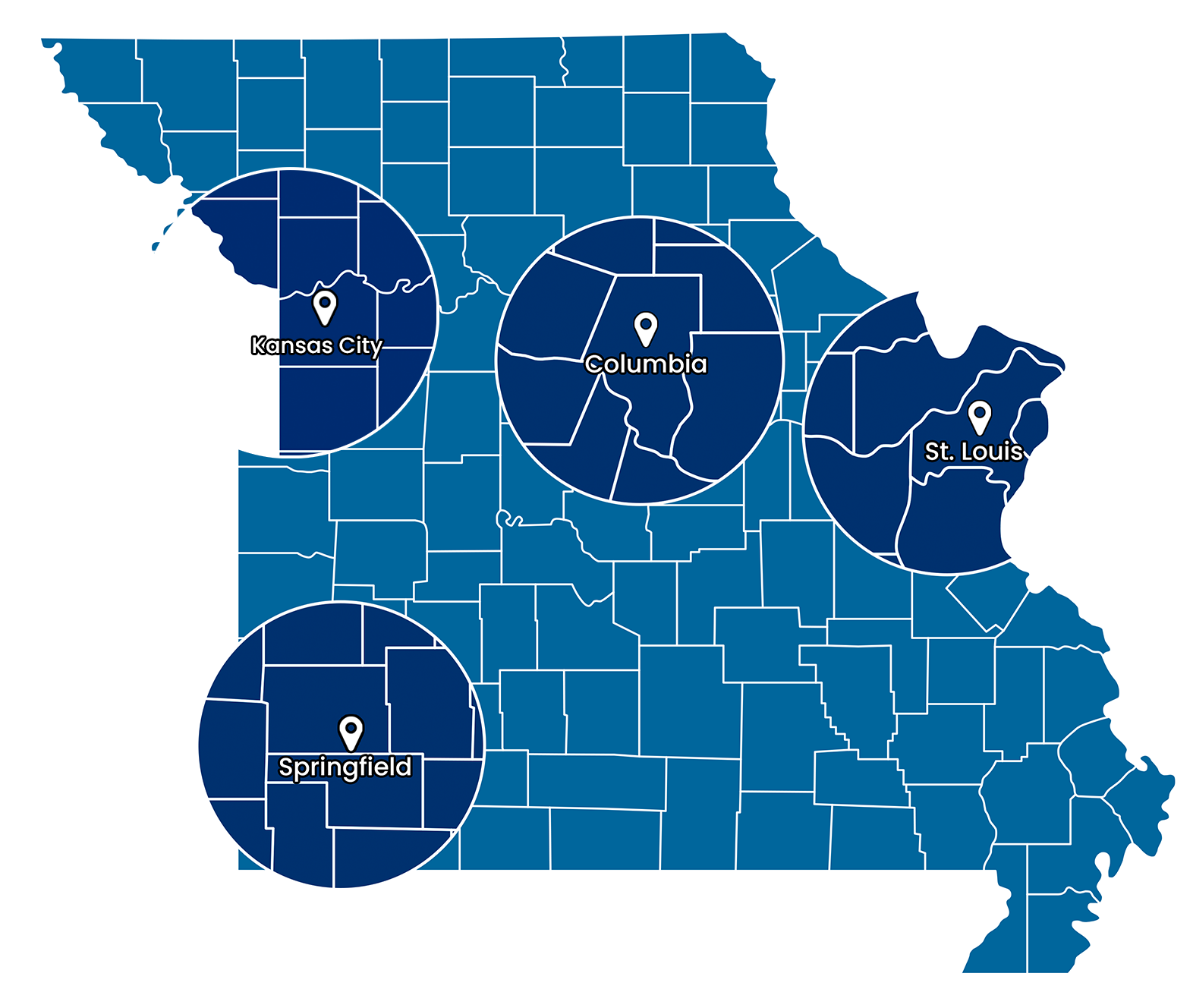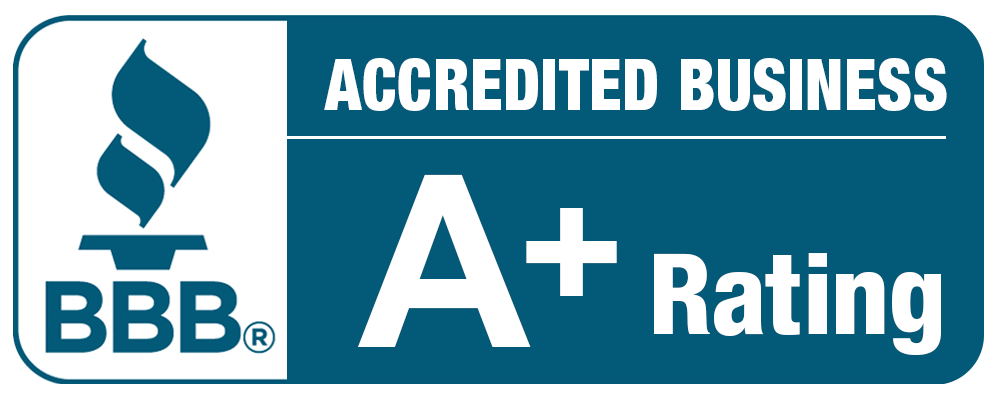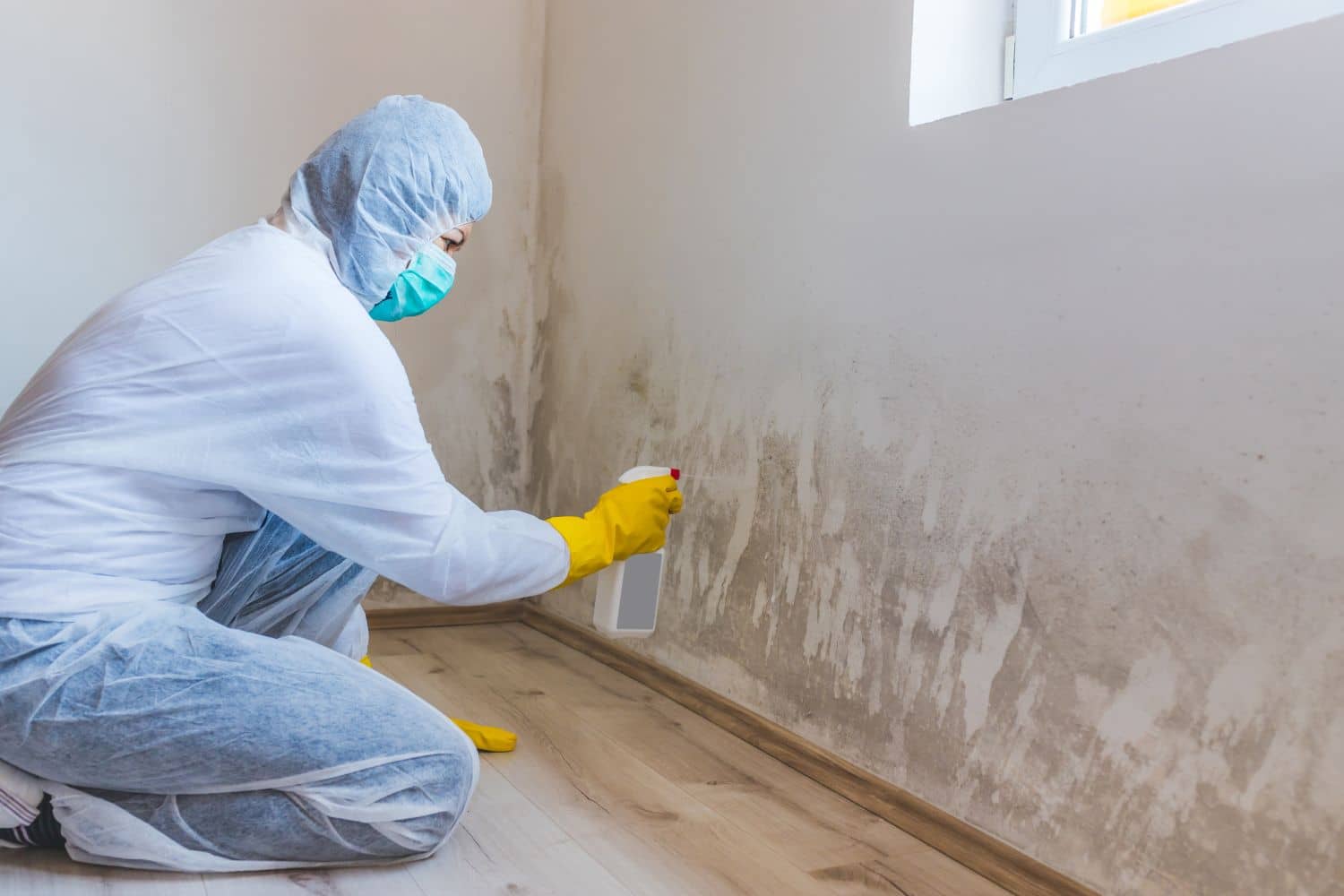
Here's How You Can Prevent Mold After Water Damage
Water damage events can arise from natural floods, plumbing emergency situations or they can be the outcome of putting out a fire. Even little fires might trigger some water damage to occur. The earlier you take action to make sure the damage is decreased the less of an opportunity there will be for mold to grow. Use these 4 Actions To Prevent Mold In Your House After Water Damage.
When mold is left to grow it can cause damage to your walls, floors, tiles, carpets and the structure itself. Black mold is specifically harmful because it can not just harm your home, it can trigger severe diseases. Here are four essential steps to take after experiencing water damage so that mold will not grow in your house.
1. Extract all standing water
If the water damage has occurred from a plumbing problem or a leaking appliance, shut off the supply of water. If there is a flood due to a storm or some other cause, you want to remove or extract all that you can but do this carefully. Do not go near any electrical wires or outlets.
You should call a water damage remediation expert in St Louis and have them do the water extraction using wet and dry vacuums and other expert equipment.
2. Clean and dry impacted areas
Move furniture and, if possible, move the home furnishings outdoors to air dry. Remove drapes, carpets and any personal belongings that have been impacted. Anything that can be taken easily enough from the flooded locations ought to be removed. If they have been harmed beyond repair, products ought to be discarded. Your water damage remediation expert will let you know what can be repaired, cleaned or discarded.
3. Dry and aerate all locations immediately
Mold starts growing in between 24 and 2 days after a flood. Dry any locations that have been cleared of most of the flood. Open windows and aerate the location. Run fans and dehumidifiers to dry any afflicted areas. If you sense any moldy smells, double check these locations and clear away any wetness. Then dry and aerate as needed. Water removal experts have professional strength fans and machines to quickly dry wet areas.
Discover more about the importance of addressing water damage quickly.
4. Repair work and change drywall
This action might be something you can do yourself if the damage is a small, localized location of the house. The majority of circumstances call for a certified water remediation specialist’s help. If there is any soaked fiberglass insulation, they can remove it and replace it with an item that is resistant to mold development.
When you take these 4 steps after a flood, you can be sure that mold will not grow. Flooring, carpets, artwork, rugs, carpets, or files and books can be saved. Experts understand how to restore and sanitize these products.
Act fast after a flood. The majority of the removal must be done professionally. The more you can do yourself in the first 24 hr, the higher the opportunities are that your home will be mold-free which will allow you to restore all your home furnishings, carpets and possessions to their initial condition.
Read About -
Guide To Water Damage Cleanup

